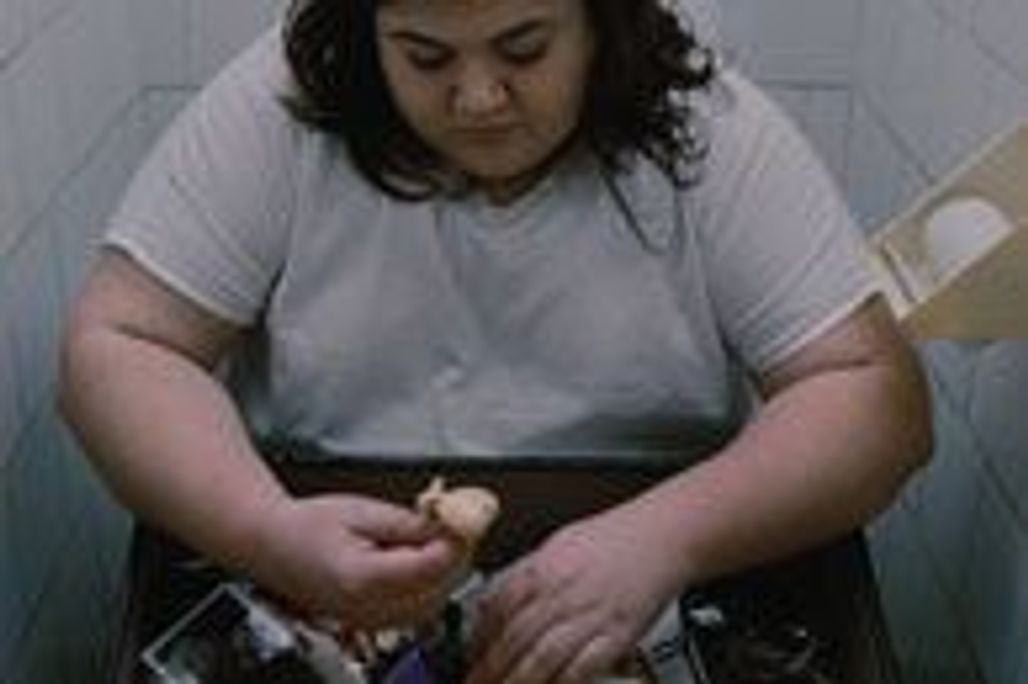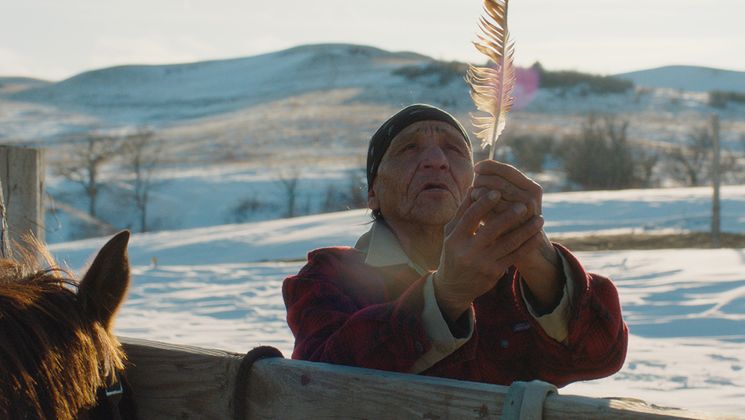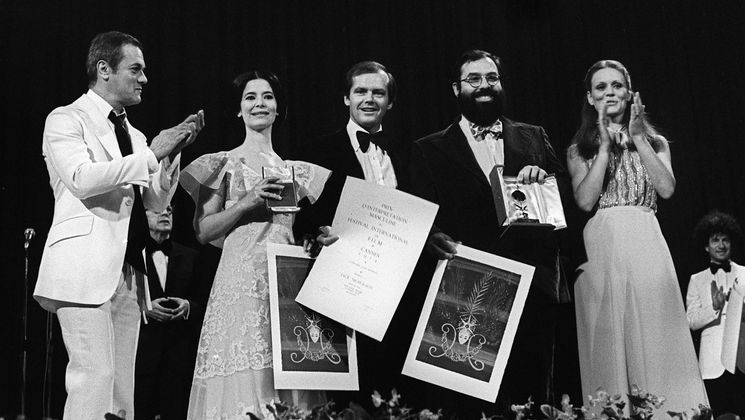
Pal Adrienn by Agnes Kocsis: interview

Director Agnes Kocsis is in Cannes for the second time. She was there in 2006, both for a short film that was selected for the Cinéfondation (The Virus) and for her first feature film, Fresh Air, presented at the Critics’ Week. Pal Adrienn is her second feature film. Selected for Un Certain Regard, it is being screened at 11:15 in Salle Debussy.
How did you react when you knew that your film had been selected for Cannes?
Of course I was very sad (laughter…). That being said, I was sorry to see that I was the only woman director in Un Certain Regard or in Competition, because I think there are many women directors making films.
Is film male chauvinist?
One could say so… The profession of director still appears to be a man’s job. Fortunately, that has changed a lot over recent years, even in Hungary. In my film class, for example, there were 4 young men and three women.
Is it harder for a woman to make films?
No, I don’t think so. But if you have young children, as I do, it’s difficult. My male colleagues who have children are freer to leave for two or three weeks at a time to write a script. I came here with my daughter, who will turn three the day of the world premiere.
What does Pal Adrienn mean?
It’s a name, a woman’s name. Pal is the surname, Adrienn the given name. But Pal can also be a boy’s name. I like this name because it is ambiguous.
Why did you choose to tell the story of a nurse who goes in search of a childhood friend?
There are three levels in my film. The first is a personal quest. In my films, I like to focus on people’s inner lives. The protagonists are in each shot and I try to show their emotions in the composition of the image. So as the story progresses, the camera work gets more and more complicated and more colourful. The second level is the way memory operates, with its relativity and it subjectivity. People often have different memories of the same moment. Finally, the third level is a look at obesity. The protagonist is a nurse who is obese and who works in palliative care in a hospital. For me, obesity represents sadness. That was actually demonstrated in the casting: most of the women we met had eating disorders because they were depressed. Overweight people are often victims of discrimination and they are more sensitive to other people’s problems. Many of the women who came to the casting were social workers. I think that if we understand the multiple nature of reality, we attach less importance to the way others look at us, and we accept ourselves better. This is what happens to the character in the film.
Interview by B de M


